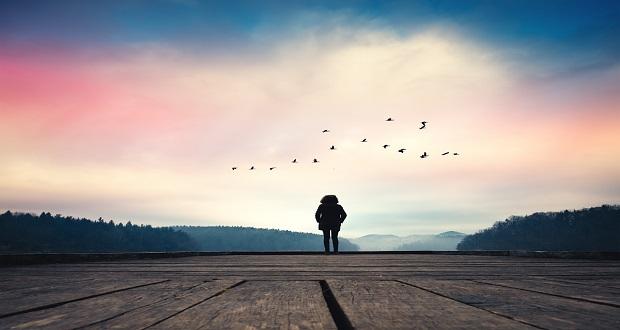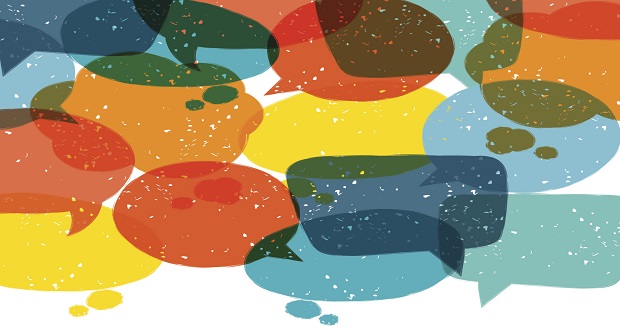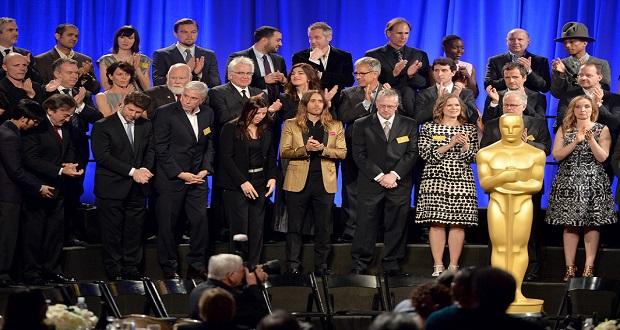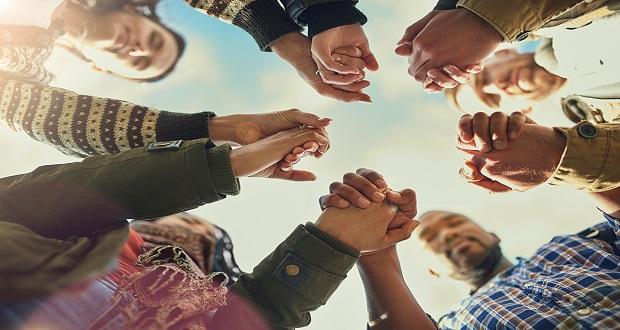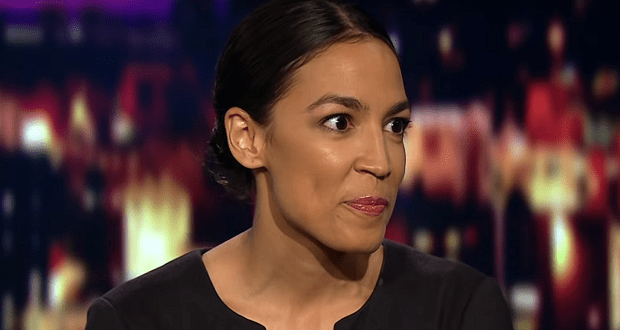I can be changed by what happens to me, but I refuse to be reduced by it. – Maya Angelou
In this last post of the of our “Where Do We Draw the Line?” series, I’d like to pose this question: Where do we draw the line with ourselves? Being culturally competent and focused on equity and inclusion requires that we listen to others, reflect on the world around us, and analyze relationships and structures, but at what point do we allow ourselves to stop and just be?
In reflecting on Maya Angelou’s wisdom in this specific quote, it seems that she is speaking of the limits of our engagement with the world around us and the need for resilience when the world begins to diminish us. (Side note: If you haven’t read her poem Still I Rise, it’s one of the greatest odes to resilience I’ve ever read.) What do we do when reading the news or working long hours or spending too much time on social media reading everyone’s opinion on everything leaves us tired and discouraged and overwhelmed? Maya Angelou seems to think we fight that feeling by refusing to be anything but ourselves – refusing to be less than who we know we can be. What does that look like in the context of self-care? We have to know our own limits with regard to engaging with the world around us, and we have to seek ways to replenish ourselves and remind ourselves of who we are in the midst of doubt, fear, and despair.
I can be changed by what happens to me…
If we’ve made anything clear throughout this series, I hope that it’s the idea that this work of fostering inclusion in a diverse world is all about people. It’s about people navigating the intersection of social justice and bottom lines. It’s about people encouraging one another to be brave. It’s about people standing against neutrality in the face of exclusion. It’s about people trying to live into allyship. Inclusion is all about allowing people—our stories, our courage, our worldviews, and our struggles—to open our eyes and hearts and minds to new possibilities and new realities.
I personally find this process to be exhausting and exhilarating all at once. In the world that we live in, with the 24-hour news cycle, constant social media inundation, and endless connectivity, there is no shortage of stories to read and hear from my cultural ‘others’. On one hand, I feel a responsibility and a joy in seeking out these stories in order to foster greater awareness and understanding within myself of the worlds that are beyond my own. I feel a deep, spiritual need to find commonalities, shared meaning, and connectedness between these stories and my own, whether it’s the folks I follow on twitter or the barista at the coffee shop I frequent. These connections are life-giving in the sense that they remind me of our shared humanity, our shared grief, our shared hope, and in the case of Twitter and much of my other social media, they remind me of our shared capacity for humor and joy. I am changed by these connections – cycling in a constant process of conversion towards greater empathy and compassion.
And yet, I have been reminded recently by all the heartbreak and polarization being felt across this country and our world that opening ourselves up to so much connection and information leaves the door open for other things to creep in – despair, disconnection, self- doubt, etc.
…but I will not be reduced by it.
When the despair comes and the self-doubt kicks in and you realize that even amid constant virtual connection you feel disconnection, that’s where we draw the line. That’s when we have to turn off our phones, look away from our computer screens, step outside of our offices, and walk away from the fear that we are not enough, that we do not have enough within us, to deal with – and live inclusively within – the world around us. In those moments when we feel diminished, self-care requires that we seek honest connection with our humanity, either within ourselves or with our communities.
What do I mean by “honest connection with our humanity”? I mean that we have to seek connections that remind us of the truth of who we are – that we have the capacity to love and hope and dream and laugh and be compassionate. Whether you find that connection in your relationships with your family, your friends, the divine, or perhaps in nature, these are the connections that allow us to be changed by the world without being reduced by it. These are the connections that allow us to continue opening ourselves to inclusion and diversity, even in the face of fear.
Self-care is about continually re-inviting our full selves to the table, continually asking ourselves if our relationships and work are diminishing or enriching, and continually seeking connections that open us to compassion and propel us away from fear. I would encourage you to think about what that means for you. For some, it may mean meditation or prayer. For others, it may mean playing softball with friends or spending time with your children. And for others, it may mean spending time outdoors. Find your thing(s), and go take care of yourself so that you can continue to be open to the things that fill you up and build you up. Where do we draw the line? When we give away too much of ourselves in a world that is always asking for more.

